“One common mistake is adding supplements to the horse’s diet without first checking to see if the ration is already overloaded with any specific nutrients,” says Crandell. To avoid creating harmful imbalances, calculate the nutrients a horse is getting from his basic feed ration before adding a vitamin or mineral supplement.
Products formulated to support specific body processes, such as joint repair or hoof growth, are less likely to cause nutritional overloads, but be sure to read their labels so you know what you’re getting. Some supplements that contain glucosamine, chondroitin sulfate, hyaluronan or biotin are also enhanced with vitamins and minerals.
“I’ve seen vitamin A toxicity in horses who were given multiple supplements that all contained similar ingredients,” Ralston says. Selenium, an important mineral, is also toxic in high quantities and may be an ingredient in different supplements as well as commercial feeds. “If you’re already using a good vitamin supplement, you probably don’t need vitamins in your joint supplement, too,” says Crandell.
Of course, nutritional supplements are often beneficial and sometimes essential. Horses whose hay is grown in selenium-poor soils need supplemental selenium.
Likewise, horses who receive hay but have little access to pasture may benefit from supplements containing vitamins A and E, because levels of these nutrients begin to deteriorate once grass is cut.
Also, elderly horses, growing youngsters, broodmares and others with special nutritional needs are likely to benefit from vitamin supplements, as are horses in strenuous sports. Vitamin E, in particular, is often given to elite athletes to help them recover from exertion.
Source: Equisearch
Tags: horse




